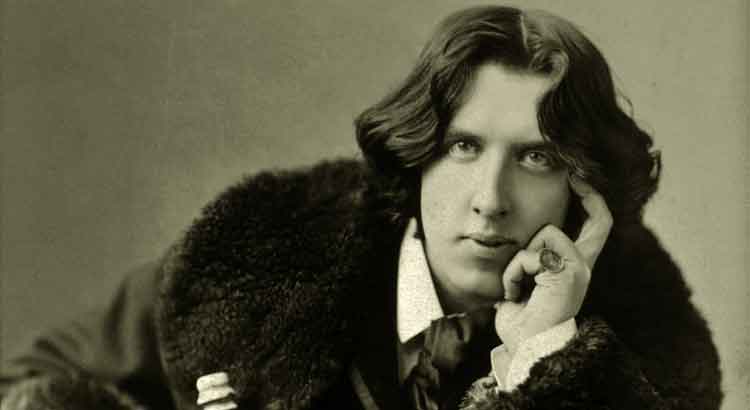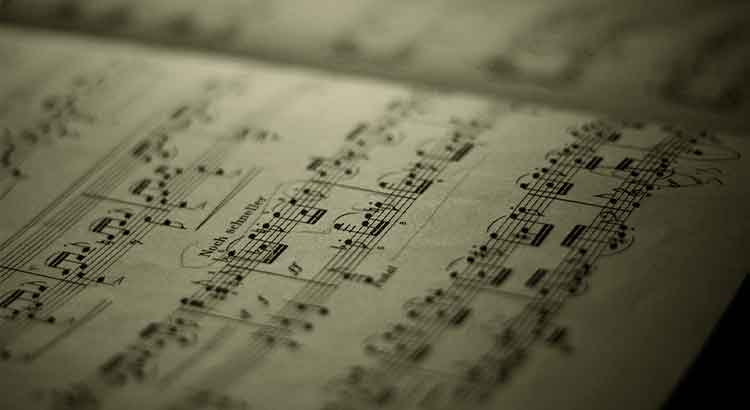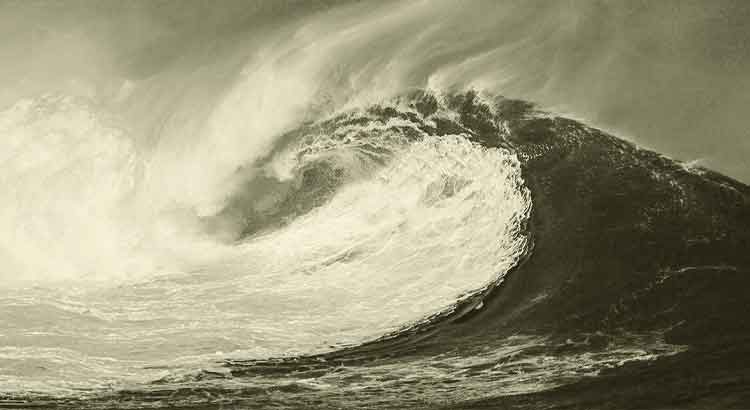Few instincts are as pernicious to social relations and especially to the personality of the artist as the desire for agreement. Firstly, because this is a manifestation of vanity. Secondly, because of the natural implications: useless discussions, free antipathies and strengthening of attachment to one’s own ideas. All this is poison for someone who wants to cultivate friendly relationships and, worse, to give rise to artistic work. Living with the dissident is not only mandatory, but the world is better because two people do not think alike. And about the artist: what does he have to do with the opinion of others or with his own opinion? Wishing to agree will make him an egocentric, blinkered, inclined to use art to adorn his own convictions. As an artist, he will inevitably fail, since the desire for concordance is a stain that, in contact with art, impregnates and does not come out.
____________
Read more:



